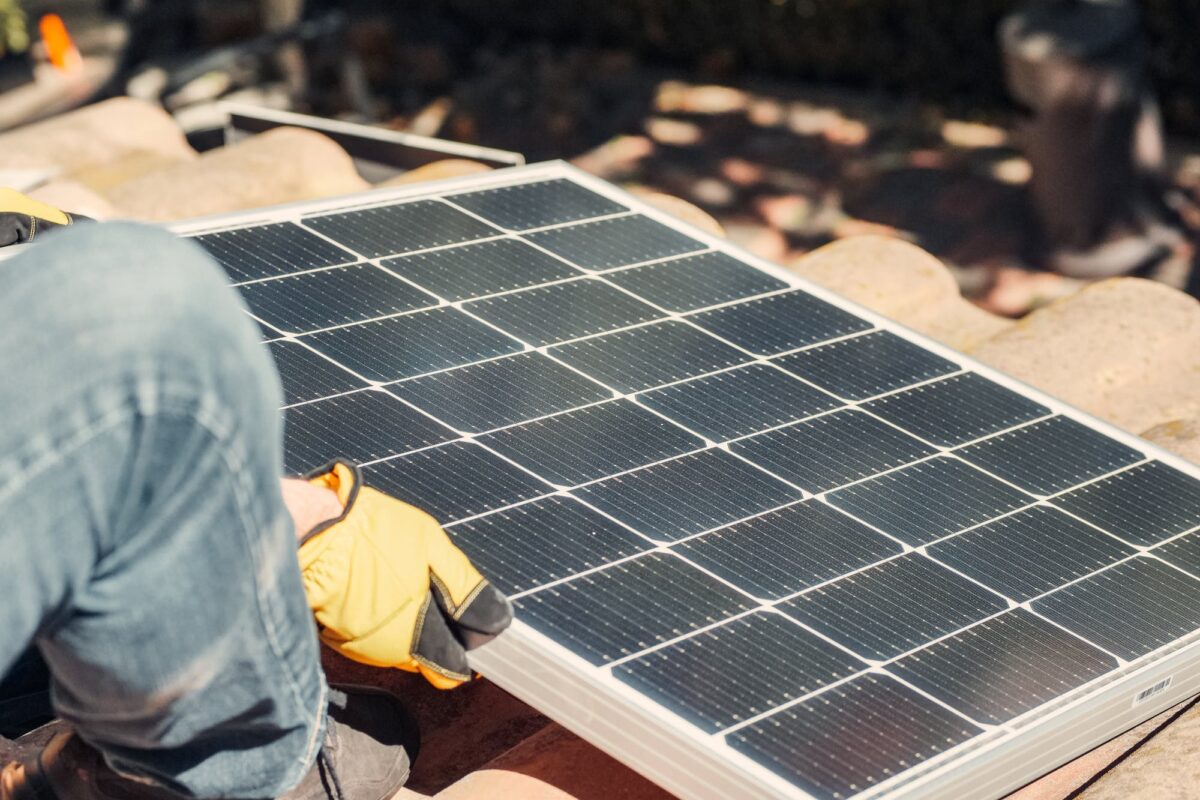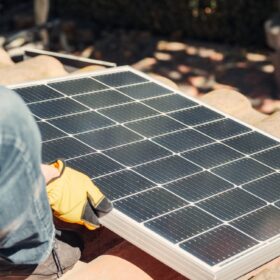Business intelligence firm Wood Mackenzie says the COVID-19 outbreak will jeopardize solar project completion in the short term, affect supply chains to various degrees and potentially erode demand for PV.
However, “Asian-dominant supply chains for solar and energy storage are in the process of rebounding after contractions in February,” the analyst stated, adding: “Near-term development activity and local logistics in leading European and North American markets are expected to outweigh lingering supply issues.”
The wind power industry will suffer more from the COVID-19 coronavirus because its production and logistics supply chains are closer to its European and North American markets than those of solar, according to WoodMac. Europe and North America appear to be braced for the worst effects of the outbreak in contrast to China, where there are signs of a potential recovery.
EV setback
The impact of the virus in China, however, is expected to have driven sharp falls in electric vehicle (EV) sales there in January and February.
“Long-term fundamentals remain strong but gigafactory facilities are likely to be delayed and fledgling EV manufacturers could face bankruptcy,” said WoodMac.
That could mean more battery cells become available for residential battery storage systems although the situation remains fluid, according to the analyst.
The chief threat to solar and energy storage demand, said WoodMac, is the depth and duration of any decline in deployment which would occur if the temporary hit to the global financial system caused by COVID-19 becomes a more entrenched recession, as many economists are warning it could.
Emissions
It is not only renewables that will suffer in the short-term, according to WoodMac.
“European gas generators will bear the brunt of demand loss where, despite low LNG prices, a carbon price decline bolstering coal, and supply swings from variable renewables generation during the relatively productive spring period will be a significant determinant of gas demand,” stated the analyst.
Woodmac expects global CO2 emissions to decline this year as a result of the economic standstill being experienced worldwide and said it believes the prospects for the energy transition remain intact.
This content is protected by copyright and may not be reused. If you want to cooperate with us and would like to reuse some of our content, please contact: editors@pv-magazine.com.









By submitting this form you agree to pv magazine using your data for the purposes of publishing your comment.
Your personal data will only be disclosed or otherwise transmitted to third parties for the purposes of spam filtering or if this is necessary for technical maintenance of the website. Any other transfer to third parties will not take place unless this is justified on the basis of applicable data protection regulations or if pv magazine is legally obliged to do so.
You may revoke this consent at any time with effect for the future, in which case your personal data will be deleted immediately. Otherwise, your data will be deleted if pv magazine has processed your request or the purpose of data storage is fulfilled.
Further information on data privacy can be found in our Data Protection Policy.